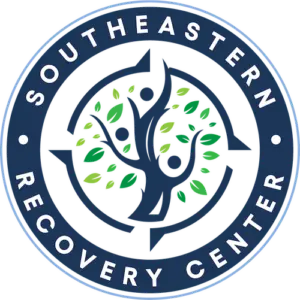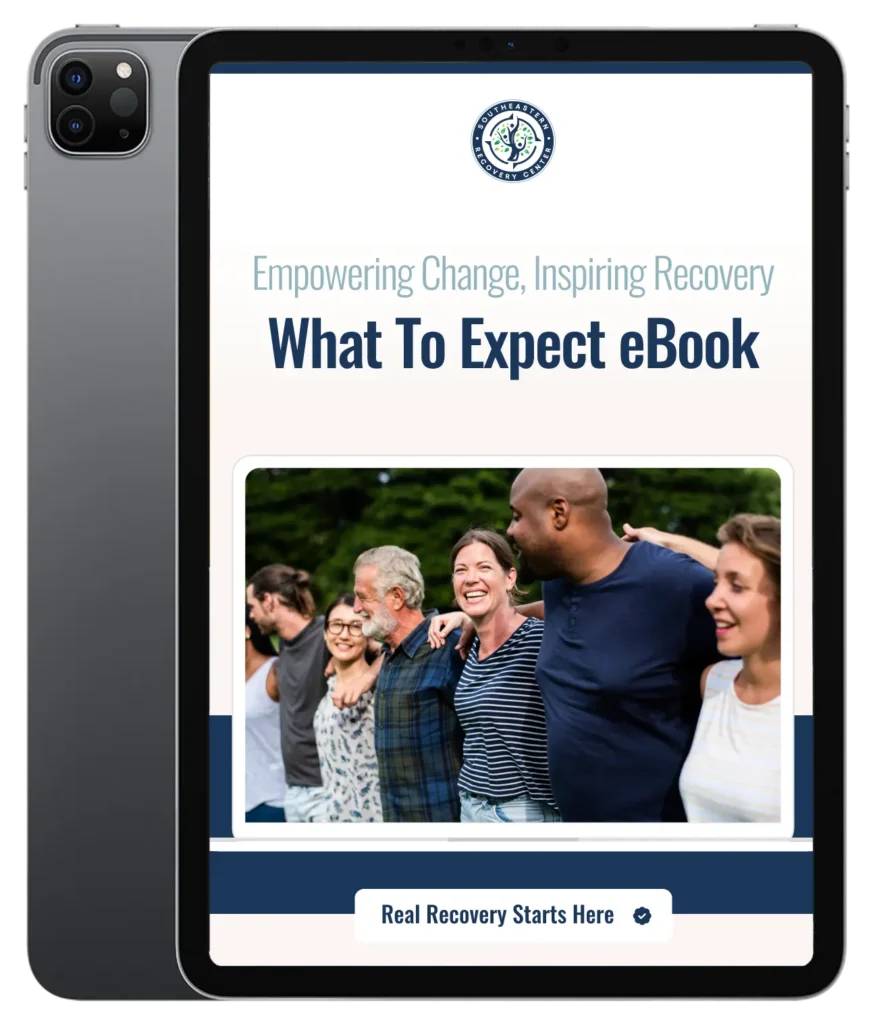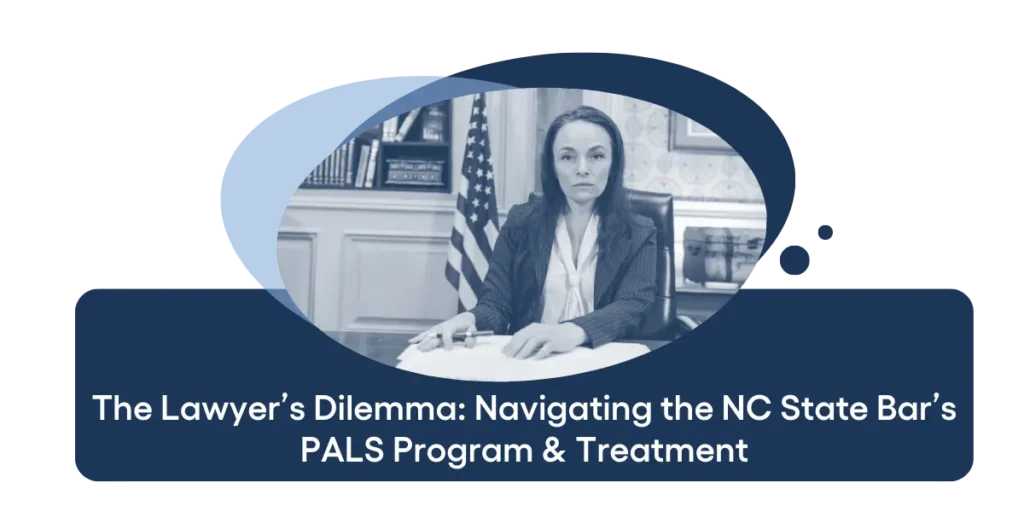Suboxone, commonly used for opioid addiction treatment, may help ease the symptoms of alcohol addiction.
When it comes to treating addiction, most people think of medications like Suboxone for opioid addiction, but can it also be used for alcohol addiction? With alcohol addiction affecting millions globally, understanding which treatments work—and which don’t—is crucial for long-term recovery. Learn more about Suboxone and explore its potential role in alcohol addiction treatment, how it works, and whether it’s actually effective.
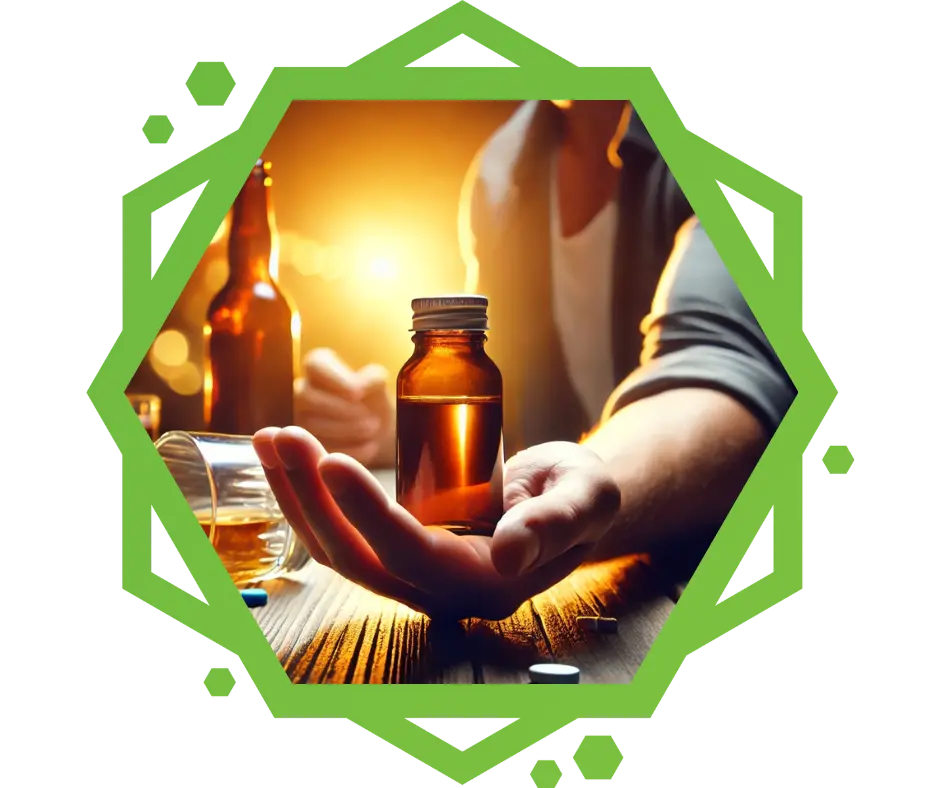
What Is Suboxone?
Before jumping into whether Suboxone can be used for alcohol addiction, let’s quickly break down what Suboxone is. Suboxone is a combination of two drugs: buprenorphine and naloxone.
Suboxone is primarily prescribed for opioid addiction because it helps manage cravings and withdrawal symptoms.
Here’s a quick rundown of the two components:
- Buprenorphine: This is a partial opioid agonist. It binds to opioid receptors but doesn’t produce the intense high associated with full agonists like heroin or morphine. Essentially, it helps people feel “normal” without cravings or withdrawal.
- Naloxone: This is an opioid antagonist which blocks the effects of opioids. If someone tries to misuse Suboxone by injecting it, the naloxone kicks in and blocks the opioid effects, preventing abuse.
Can Suboxone Be Used for Alcohol Addiction?
Now, onto the big question: Is Suboxone used for alcohol addiction? The short answer is—not really. Suboxone is not currently FDA-approved for alcohol use disorder (AUD), meaning it’s not officially recommended as a treatment option. However, there has been some research into its potential for helping with alcohol cravings, but the evidence isn’t very strong at this point.
Suboxone’s potential use for alcohol addiction stems from its naloxone component. Naloxone is similar to naltrexone, which is another opioid antagonist that is FDA-approved for alcohol addiction treatment. Since naloxone also blocks opioid receptors, some researchers have wondered if it might help people struggling with alcohol addiction in the same way. Unfortunately, there’s limited evidence to support this theory so far.
Naltrexone blocks the “reward” effect you get from drinking alcohol, which can reduce cravings and the risk of relapse.
Why Isn’t Suboxone Widely Used for Alcohol Addiction?
Even though Suboxone could potentially reduce alcohol cravings, it’s still not commonly used for this purpose, and here’s why:
- No FDA Approval: Suboxone is approved for opioid use disorder (OUD), not alcohol use disorder (AUD). Medications like naltrexone, acamprosate, and disulfiram remain the go-to treatments for alcohol addiction because they are FDA-approved and backed by more research.
- Different Mechanisms of Addiction: Alcohol addiction and opioid addiction don’t work the same way in the brain. Alcohol affects a wide range of neurotransmitters, including GABA, dopamine, and serotonin—not just the opioid receptors that Suboxone targets. Because of this, medications like Suboxone that work well for opioids may not address the root causes of alcohol addiction.
- Lack of Research: While there are a few small studies on the role of Suboxone in alcohol addiction, the evidence is far from conclusive. We simply don’t have enough large, well-designed clinical trials to say whether Suboxone is effective for AUD.
There is currently no FDA approval for Suboxone to be used for alcohol addiction and there is a lack of research backing it.
Medications That Are Used for Alcohol Addiction
If you or someone you know is battling alcohol addiction, there are a few FDA-approved medications that have been proven to work. These medications, often used as part of a comprehensive treatment plan, include:
- Naltrexone: As we’ve already mentioned, naltrexone works by blocking the euphoric effects of alcohol, reducing cravings and relapse rates. According to a study published in JAMA Psychiatry, people treated with naltrexone had an 83% higher chance of abstaining from alcohol compared to those who didn’t receive medication source.
- Acamprosate: Acamprosate helps restore the balance of GABA and glutamate—two neurotransmitters disrupted by chronic alcohol use. It’s often used to maintain abstinence after someone has already quit drinking.
- Disulfiram: Disulfiram causes unpleasant physical reactions (like nausea and vomiting) if you drink alcohol while taking it. It’s usually prescribed to people who are highly motivated to quit drinking, as it serves as a strong deterrent.
Some FDA-approved medication treatments for alcohol addiction include Naltrexone, Acamprosate, and Disulfiram.
Alcohol Addiction in the U.S.
Alcohol addiction is a widespread problem, and the statistics paint a pretty grim picture:
- According to the National Institute on Alcohol Abuse and Alcoholism (NIAAA), around 14.5 million people in the U.S. had alcohol use disorder (AUD) in 2019. However, only a small percentage of these individuals actually seek treatment.
- The Substance Abuse and Mental Health Services Administration (SAMHSA) reported that in 2020, just 7.3% of adults with AUD received treatment at a specialized facility source.
- Alcohol-related deaths are also a huge issue. The Centers for Disease Control and Prevention (CDC) estimate that alcohol is responsible for over 95,000 deaths each year in the U.S.
- Economically, alcohol misuse costs the U.S. a staggering $249 billion each year. This includes healthcare expenses, lost productivity, and costs related to accidents and criminal justice.
Effective Alcohol Addiction Treatment Strategies
While Suboxone isn’t widely used for alcohol addiction, there are plenty of effective treatment options that can help you or a loved one on the road to recovery:
- Detoxification: The first step in many alcohol addiction treatment programs is medical detox. During detox, you’ll withdraw from alcohol under medical supervision to safely manage withdrawal symptoms, which can include everything from mild nausea to life-threatening seizures.
- Counseling and Behavioral Therapies: Cognitive Behavioral Therapy (CBT) and Motivational Enhancement Therapy (MET) are commonly used to address the emotional and psychological aspects of alcohol addiction.
- Support Groups: Peer support can make a huge difference in long-term recovery. Groups like Alcoholics Anonymous (AA) and SMART Recovery provide a sense of community and support as you work toward sobriety.
- Medication-Assisted Treatment (MAT): In addition to therapy, medications like naltrexone, acamprosate, and disulfiram can help reduce cravings and make it easier to stay sober.
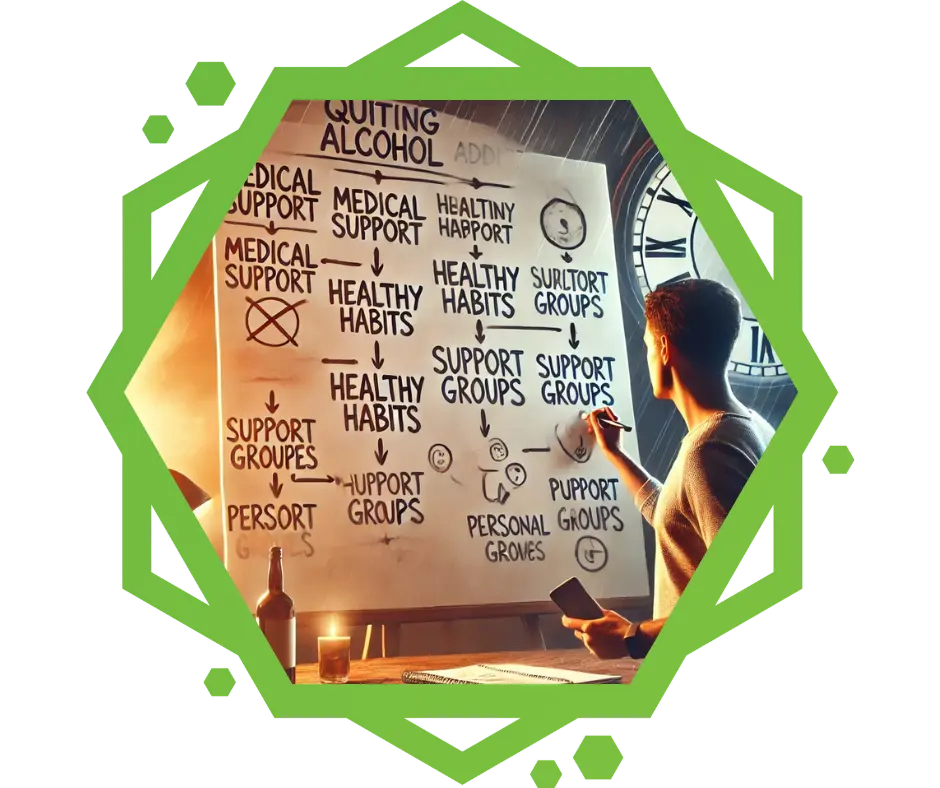
Is Suboxone Used for Alcohol Addiction?
So, can Suboxone be used for alcohol addiction? While there’s some interest in its potential, especially due to its naloxone component, the current research is limited, and Suboxone isn’t FDA-approved for alcohol use disorder. If you’re seeking help for alcohol addiction, you’re more likely to be prescribed medications like naltrexone, acamprosate, or disulfiram—alongside counseling and peer support.
Remember, finding the right treatment plan is essential. If you or someone you love is struggling with alcohol addiction, reaching out to a Southeastern Recovery Center can help you explore the best treatment options tailored to your specific needs.
